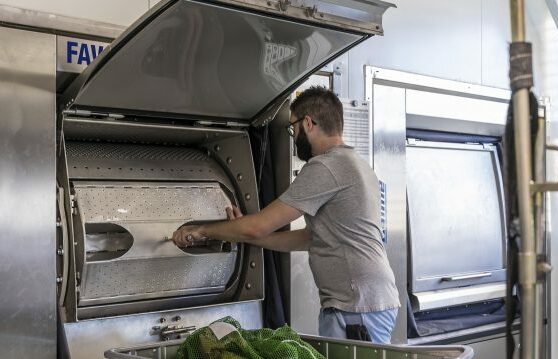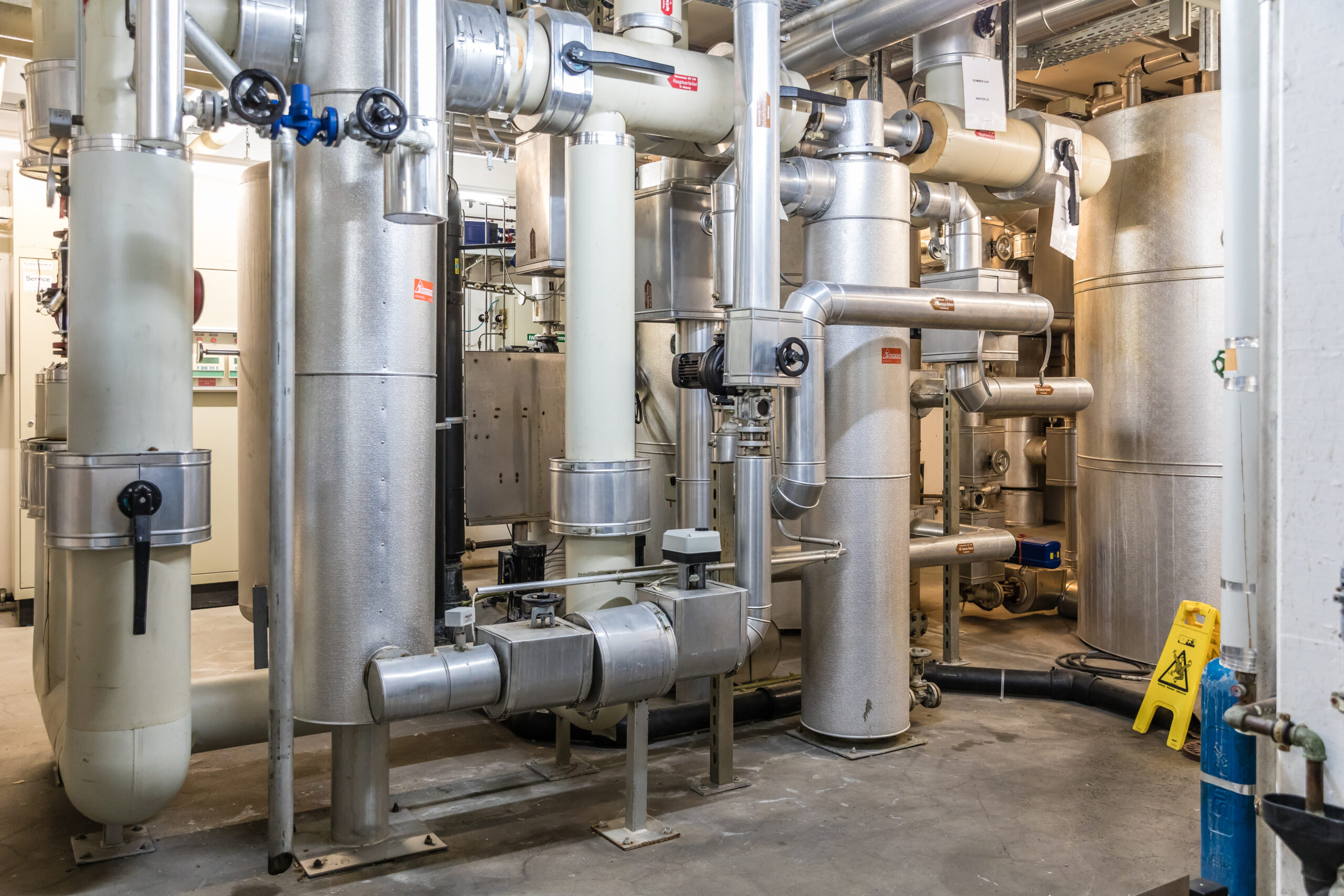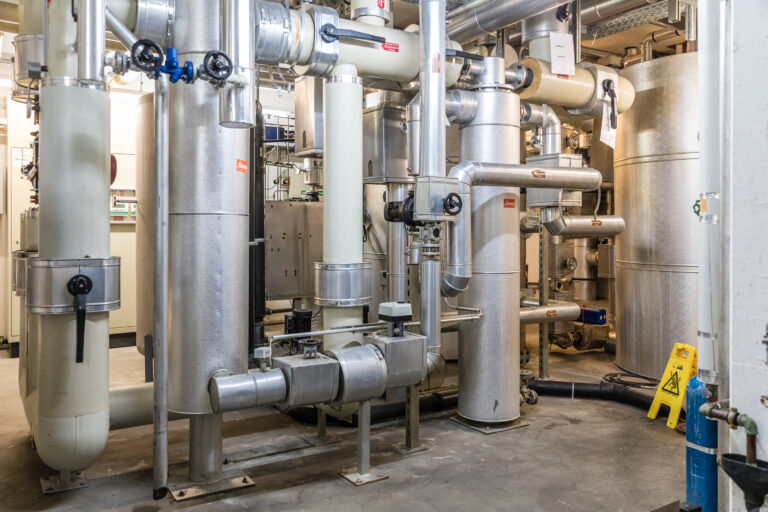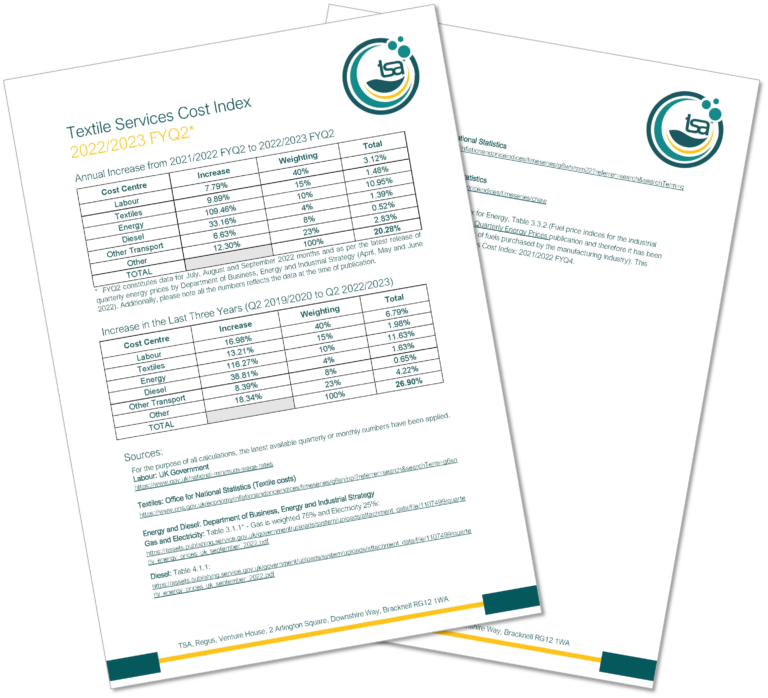Laundry and hospitality industries restate the importance of collaboration at the TSA conference
The importance of collaboration was one of the main messages to come out of the hospitality round table panel discussion held at the Textile Services Association’s (TSA) autumn conference.
The event brought together representatives of some of the biggest names in both the laundry and hospitality sectors to discuss the issues facing both industries and the potential for positive change in an uncertain business environment. It is the third such event that has been held this year, which provides a forum for both industries to discuss the challenges ahead.
The panel was chaired by David Stevens, the CEO of the TSA, and featured Nigel Graham of Bourne Leisure, and Michael Simpson-Jones of Travelodge representing hospitality. Helen Wood of Johnsons Hotel Linen and Rona Tait of TDS Commercial were there to provide the views from the laundry industry.
One of the main concerns highlighted at the previous meetings was the need to improve the working life span of linen used by hotels. Only a small percentage of the 7000 tonnes of linen purchased every year by the hospitality sector reaches its potential end-of-life.
Since the previous round table, the TSA has set up a project group looking at creating guidance around best practice for linen and the logistics needed to maximise its working life for the hospitality industry. Nigel Graham who is a part of this group, explained the importance of the two industries working together to develop knowledge of the significance of valuing linen and understanding the challenges both industries face.
Rona Tait, who chairs the group, explained that many housekeepers don’t understand the importance of linen from a sustainability perspective, stressing the need for better training.
Helen Wood underlined the point that any approach to improving the sustainability of hotel linen needs to be done as a partnership. “You don’t hire a car and damage it without expecting to pay for it,” she said. “But we need to avoid playing the blame game and realise that we can’t solve this situation on our own – we need to work together.”
Michael believes that having a relationship where both sides feel confident about discussing common issues and being open to change is vital. “We need to make sure that both industries stick to their commitments and consider the supply chain as a whole.”

The last couple of years have seen both industries cope with challenging business environments, but while 2023 looks likely to see problems continue both industries are optimistic that they are well placed to weather the storm. “The UK’s holiday industry has historically held up well during economic downturns,” says Nigel. However, as people tend to book hotels close to when they need them, hotels need to be quick to react with demand forecasting to enable laundries to be able to keep up with the demand as it changes.
This is particularly true as there are potentially different variables at play with the rising cost pressures many consumers are facing and how that will play out next year. While Rona noted that she had seen volumes from hotels hold up, Helen noted that there was a difference across hotel groups and that this indicated that consumers were changing their behaviour.
The panel agreed that one of the main positives that came out of the pandemic was that it had acted as a “catalyst for change” and that it had provided the momentum for both industries to come together and work to improve things. “We wouldn’t have had these conversations before Covid,” Rona explained. “We are now seen as more of a critical supplier,” said Helen. “There is a different partnership now, it has definitely raised the bar.”
As Michael summed it up, “every challenge brings new opportunities.”
If you have any queries, please do not hesitate to get in touch with us either via email or phone:
T +44 (0) 20 3151 5600






